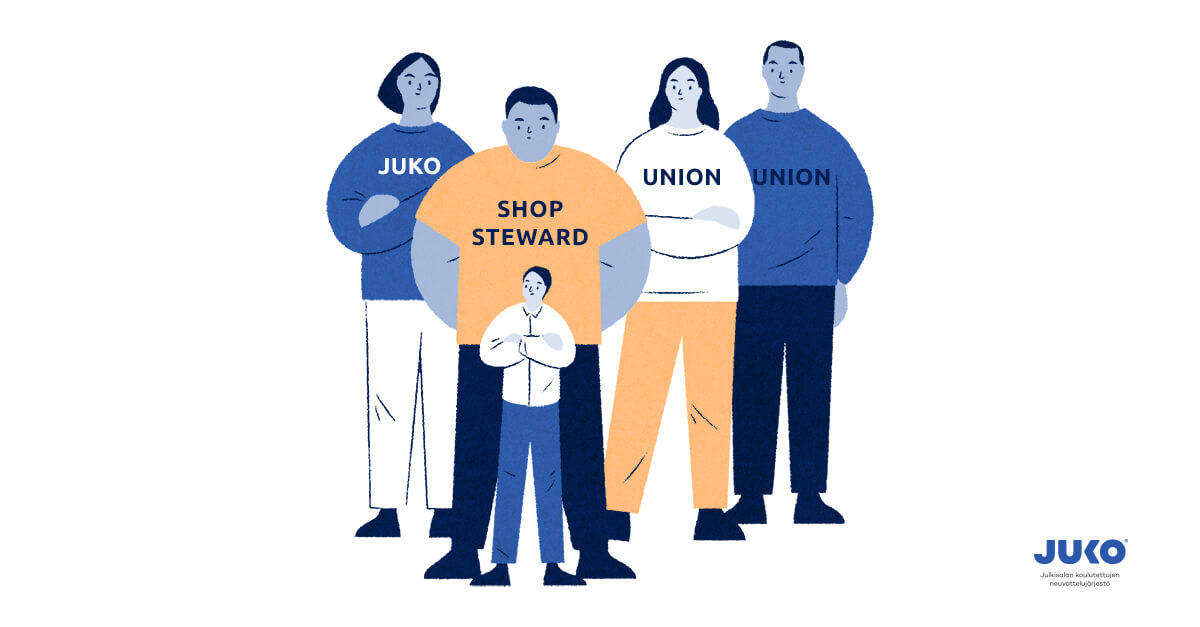The universities’ collective agreement contains a negotiating procedure for resolving disputes between employers and employees
The universities’ collective agreement contains a negotiating procedure for resolving disputes between employers and employees. One application of this procedure is clarifying the grounds for fixed-term contracts. This means determining whether there is a legal basis for an employee’s fixed-term contract, or whether the employment is actually permanent in nature.
The negotiation process can also be used to solve other questions regarding the collective agreement, such as applying the pay grade. This usually boils down to differing views on the level of complexity of a role.
What does the dispute resolution procedure mean in practice?
An employee can first talk to his or her own supervisor about the dispute. This is called level one consultation. If agreement is not reached, the shop steward negotiates with the employer’s representative in what is known as local negotiations. If they also fail to reach agreement, the matter is taken to union-level negotiations between JUKO (the Negotiation Organization for Public Sector Professionals) and Finnish Employers Finland. If negotiations at the union level cannot achieve agreement, the matter may be brought before the Labour Court for a final judgment.
Why should I use the dispute resolution procedure specifically?
This dispute resolution procedure is not the only avenue: for example, in a fixed-term contract dispute, it is possible to bypass it and bring it before a district court. However, the advantage with the procedure outlined above is that it is fast and free, right up to the union level. When the parties try to resolve a dispute as close as possible to the workplace in question, that is usually to their mutual benefit.
You can and should begin dispute resolution negotiations in good time while you are still employed at the university. This means that you can genuinely discuss being made permanent, for example, with your employer.
Your local shop steward and your union can give you more information about the negotiation process.



